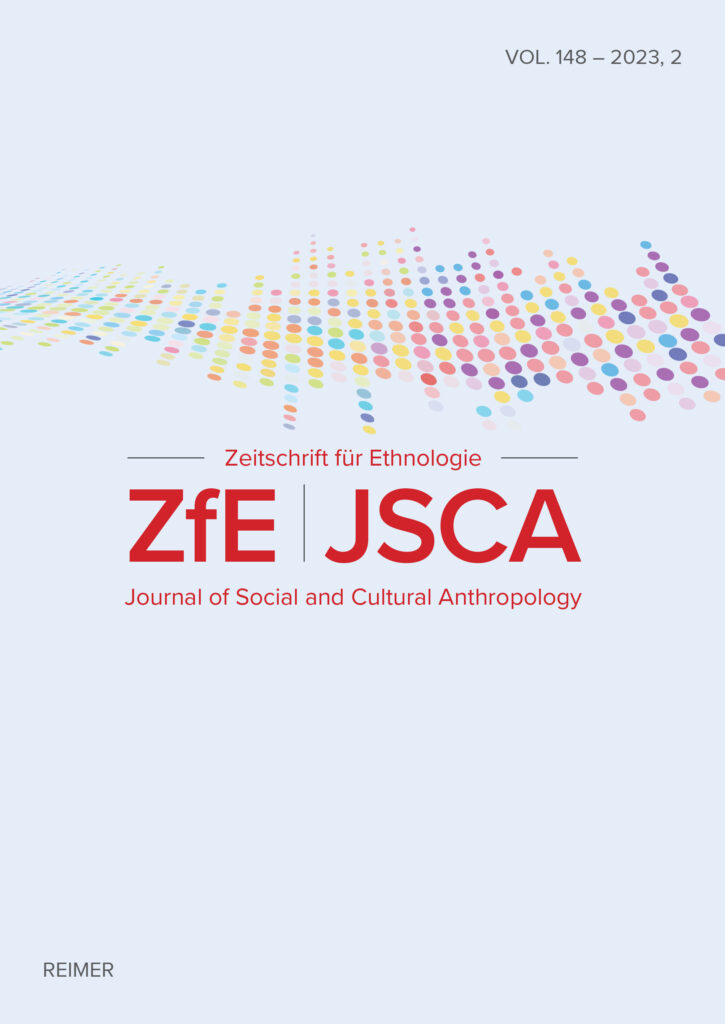Budka, P. (2021). Anthropologies of sociotechnical mediation in Austria. Paper at EASA Media Anthropology Network Workshop: “Media Anthropologies in Europe”, Online (hosted by European Association of Social Anthropologists), 14-15 October.
Co-organization of EASA Media Anthropology Network Workshop “Media Anthropologies in Europe”, 14-15 October.
Abstract
This paper discusses aspects of the development and the current situation of “media anthropology”, as an anthropology of digital media technologies, in Austria. Since the 1990s, Austrian sociocultural anthropologists have been exploring new forms of media communication, digitally mediated practices of sociality as well as emerging sociotechnical systems and environments (Budka & Kremser, 2004).
While such engagements were then referred to as “cyber anthropology” or the “anthropology of cyberculture” to indicate connections to new sociocultural spaces related to the Internet, the World Wide Web and digital media technologies, they can also be conceptualised as anthropologies of sociotechnical mediation. It is through constantly changing technologies that communication, culture and sociality are mediated. As already early media anthropologists emphasised, this technical and material dimension of media cannot be neglected (e.g. Ginsburg et al., 2002).
Anthropologies of sociotechnical mediation in German-speaking countries like Austria are, however, not necessarily tied to sociocultural anthropology as empirical social science. Due to well established traditions of philosophical anthropology, media related phenomena have also been investigated from a humanities perspective that does not build its theories upon empirical data generated through ethnographic fieldwork like in sociocultural anthropology.
As this paper argues, this has resulted, on the one hand, in a dynamic field of media anthropologies and several projects that are open, diverse and interdisciplinary by nature. On the other hand, this has also contributed to a weakening of the sociocultural anthropological position, e.g., in terms of academic visibility and research funding. Similar tendencies can also be observed in anthropological explorations of “the digital” in Austria; research that frequently runs under the new rubric of “digital anthropology”.
References
- Budka, P., & Kremser, M. (2004). CyberAnthropology – anthropology of cyberculture. In S. Khittel, B. Plankensteiner & M. Six-Hohenbalken (Eds.), Contemporary issues in socio-cultural anthropology: Perspectives and research activities from Austria (pp. 213-226). Vienna: Loecker Verlag.
- Ginsburg, F., Abu-Lughod, L., & Larkin, B. (2002). Introduction. In F. Ginsburg, L. Abu-Lughod, & B. Larkin (Eds.), Media worlds: Anthropology on new terrain (pp. 1-36). Berkeley: University of California Press.

